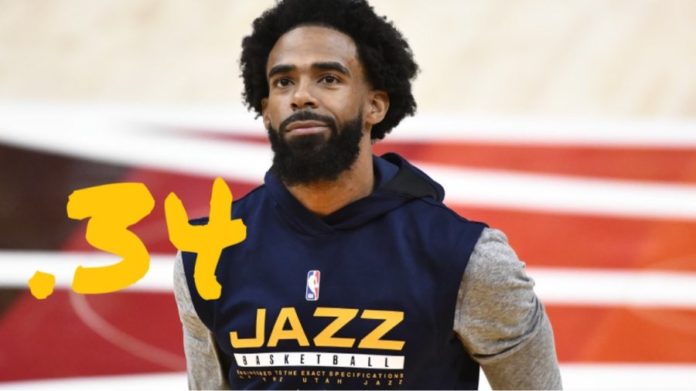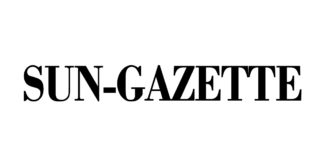
SALT LAKE CITY, Utah – The Utah Jazz open their season on October 20, just 34 days from today. With the clock ticking, we look at 50 things for Jazz fans to be excited about leading up to the 2021-22 NBA season. Coming in at number 34, the Jazz living in the luxury tax.
Jazz Living In The Luxury Tax
The NBA’s salary cap can be tricky to understand. Since there’s no hard cap, teams can spend above the listed salary cap by re-signing their own players, watching those players’ contracts grow to surpass the set cap, and by signing free agents using a series of exceptions for cash strapped teams.
This is what is called a “soft cap,” but it comes with penalties. Teams that go not only above the listed salary cap, but so far above it that they surpass the “tax apron” are forced to pay penalties for operating at such high costs.
Those penalties are redistributed to teams who find themselves under the salary cap, which the league shares to help balance the power between high-spending big markets, and more financially frugal small markets.
Traditionally, the Jazz have found themselves on the receiving end of those payouts, which increase depending on how far above the tax, and how many years an individual team has been above the luxury tax apron.
For example, if a team is $0-5 million over the tax, the luxury tax is a $1.50 penalty for each dollar. That climbs to $1.75 between $5-10 million, and so on. Additionally, there’s a tax for teams that repeatedly find themselves above the tax.
Essentially, the NBA adds $1.00 per dollar to each existing penalty if a team finds itself over the tax for any three seasons over a four-year stretch. That’s called the “repeater” tax.
However, last season, the Jazz found themselves in unfamiliar territory, paying the luxury tax in the first year under new owner Ryan Smith.
According to Spotrac, the Jazz were roughly $3.6 million over the tax apron at the conclusion of the 2020-21 financial season. With a $1.5 penalty for each dollar over the apron, the Jazz paid about $5.5 million in luxury taxes total last season.
The Jazz were one of six teams to pay the tax last season but had the second-lowest bill behind only the world champion Milwaukee Bucks who paid just under $1 million.
This season, the Jazz are looking down the barrel of a much steeper price tag.
After re-signing Mike Conley, and signing veterans Rudy Gay and Hassan Whiteside, the Jazz are projected to be more than $18 million above the tax apron. That would put the team into the fourth tier of tax penalties, paying $3.25 for each dollar over $15,000,000.
In total, if the Jazz don’t add, or trim more salary from the roster they’ll be on the hook for nearly $39 million in luxury tax penalties this season.
That’s a dramatic jump from the penalties they paid last season and will serve to up the ante on the expectations for the team’s success. It also means the Jazz will have been in the tax for two consecutive seasons and will have to avoid crossing the tax line in either 2022-23 or 2023-24 to avoid paying the repeater tax in one of those seasons.
As it stands, the Jazz are already projected to be $6 million over the tax heading into next summer.
While it may be difficult to get completely out of the luxury tax this season, they could significantly reduce their bill by making a midseason trade. The luxury tax bill isn’t calculated until the end of the season, giving the Jazz until the trade deadline to adjust their spending.
The team could do that by trading any number of their middle-tier contracts for a collection of draft picks from a team under the salary cap, as long as the Jazz weren’t taking bigger salaries back in return.
Here’s a look at how trading each of the Jazz four middle-tier contracts would change the team’s financial outlook.
Bojan Bogdanovic – $18.7 million = $38.8 million in savings
Joe Ingles – $13 million = $31.3 million in savings
Jordan Clarkson – $12.4 million = $30.1 million in savings
Royce O’Neale – $8.8 million = $23.7 million in savings
While each player has proven to be a critical piece of the team’s success, if the Jazz find themselves dramatically underperforming expectations or if any one of Eric Paschall, Rudy Gay, Trent Forrest, or Jared Butler find themselves deserving of increased rotation minutes off the bench, the Jazz could move one of Bogdanovic, Ingles, Clarkson, or O’Neale resulting in significant savings.
The team won’t have to make that decision until they get further into the season and have a better idea of how the roster fits together. But, those tax penalties and the question of how to manage them are an important storyline for the Jazz, and one to watch as the team sits just 34 days from opening night.







